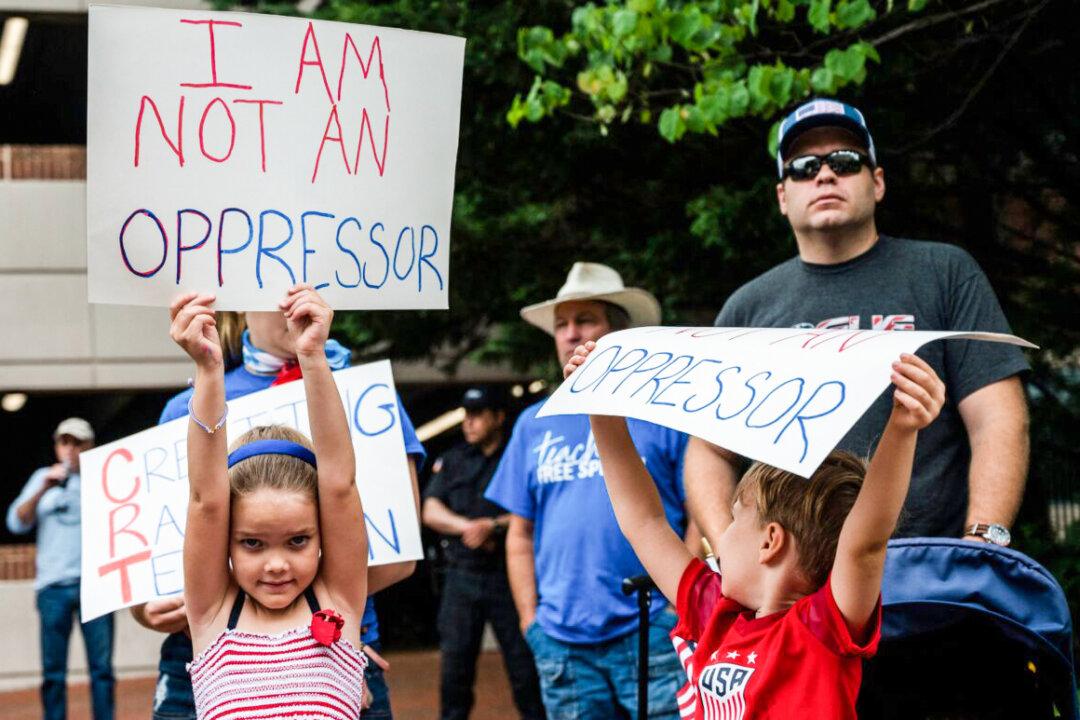The presence of critical race theory (CRT) in K–12 education has become a prominent issue in some of the nation’s recent high-profile elections. In Virginia’s gubernatorial race, Glenn Youngkin, a Republican running on an anti-CRT platform, defeated former Democratic Gov. Terry McAuliffe, who insisted that CRT isn’t being taught in Virginia’s K–12 classrooms and stated that parents shouldn’t tell schools what to teach their children.
An outgrowth of Marxism, CRT interprets society through a Marxist dichotomy between “oppressor” and “oppressed,” but replaces the class categories with racial groups. Proponents of CRT see deeply embedded racism in all aspects of U.S. society, including in neutral systems such as constitutional law and standardized tests, and deem it to be the root cause of “racial inequity,” or different outcomes for different races.





